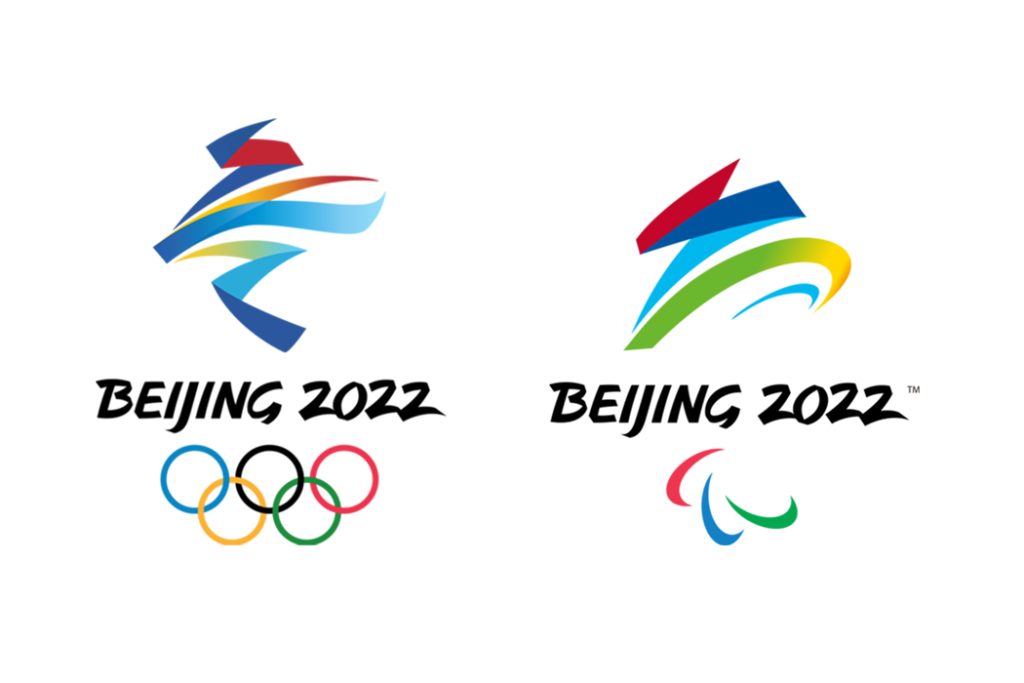Playing By The Book
September 30, 2021
Olympic Games adviser, Michael Pirrie, analyses the new measures announced overnight to protect the Beijing 2022 Games from Covid – and from political protest and unrest.
The world’s best wintertime athletes will be at the centre of the Winter Olympic and Paralympic Games in Beijing in just four months.
The athletes will also be close to the epicentre of the global outbreak of Covid-19 – less than a two-hour flight from Wuhan.
The Covid pandemic, according to most leading international researchers, is thought to have originated as either a laboratory virus or via a live animal market in Wuhan.
“The IOC and Beijing 2022 organising committee have now released several of the key principles intended to prevent Covid transmission in venue settings and landscapes preparing for the Games.”
The outbreak spread quickly and globally and has crippled the world and sport at all levels.
Almost all international and domestic sporting events, codes, seasons and competitions, including the Tokyo 2020 Summer Olympic and Paralympic Games, were delayed or cancelled.
Many athletes, teams, venues, and clubs were infected in the shutdown that followed.
The devastating death and disease toll from Covid has since plunged China’s initial management of the Wuhan outbreak into global controversy.
China, like other nations, has since struggled to contain Covid, clamping down cities and communities where the virus has again surged, including Beijing.
The IOC and Beijing 2022 organising committee have now released several of the key principles intended to prevent Covid transmission in venue settings and landscapes preparing for the Games.
The rules, established by Beijing Games organisers, are intended to protect Games athletes and participants from Covid infection. They are also intended to protect China from protest activity linked to the Games.
The Beijing 2022 regulations build on Playbook countermeasures implemented at the recent Tokyo Games.
These include a ban on international spectators, which epidemiologists believe played a key role in containing Covid in Tokyo. Beijing’s ban on foreign spectators will also help to limit possible protest and surveillance activity.
This is seen as a major security concern for the Communist Party of China led by President Xi Jinping, who is expected to open the Beijing Games on 4 February.
The CPC remains deeply concerned domestic or international campaigns or challenges against China’s treatment of minority groups could overshadow the Beijing Winter Games.
“Beijing will become the first city to host both the Winter Olympics and the Summer Games which, in 2008, triggered extensive international human rights protests and the Chinese government is determined to prevent a repeat.”
Beijing will become the first city to host both the Winter Olympics and the Summer Games which, in 2008, triggered extensive international human rights protests and the Chinese government is determined to prevent a repeat.
The Chinese Government is also concerned that Delta outbreaks in the countdown to Beijing 2022 could push its Covid management strategies back into the international spotlight.
While ticket sales will be restricted in mainland China, vaccination rates continue to ramp up across the world’s most populous nation.
Governing bodies, sports codes, sporting figures, influencers and sponsors are moving in support of vaccine mandates, Beijing organisers have not made vaccination compulsory for Games athletes.
Organisers are hoping instead the vast majority of elite winter athletes will have already been vaccinated or scheduled for vaccination to compete in international qualifying events.
The Beijing Games committee is also hoping that unprotected athletes and teams can be persuaded to vaccinate before arriving in China or face a lengthy 21-day quarantine.
“With less than half the nations and a quarter of the athletes involved, the Winter Games is significantly smaller that the Summer Games, dramatically reducing the Covid risk.”
Athletes who can provide a justified medical exemption will have their cases considered.
Like Tokyo, a comprehensive daily Covid testing program will be implemented and athletes will be bubbled in a closed-loop bio-secure system.
The Beijing bubble will cover all Games-related areas, including arrival and departure, transport, accommodation, catering, competitions, and the Opening and Closing Ceremonies.
Within the closed loop, participants will be allowed to move only between Games-related venues for training, competitions and work. A dedicated Games transport system will be put in place.
These principles will provide the foundations for more detailed Playbook rules to be announced later.
The principles are based on wide-ranging consultations with international experts and Chinese authorities.
With less than half the nations and a quarter of the athletes involved, the Winter Games is significantly smaller that the Summer Games, dramatically reducing the Covid risk.
The threat of a political virus stemming from China’s policies and activities in the Indo-Pacific in recent times may be more difficult to contain than a biological virus with calls for a Beijing boycott likely to grown louder in the coming months.


